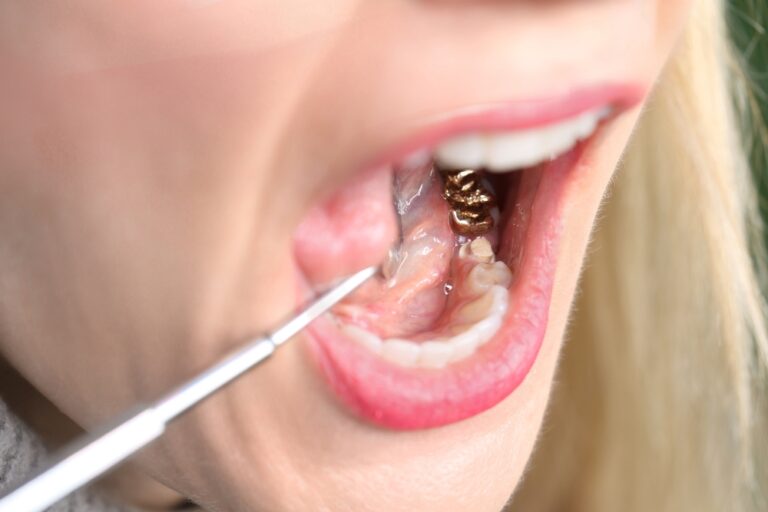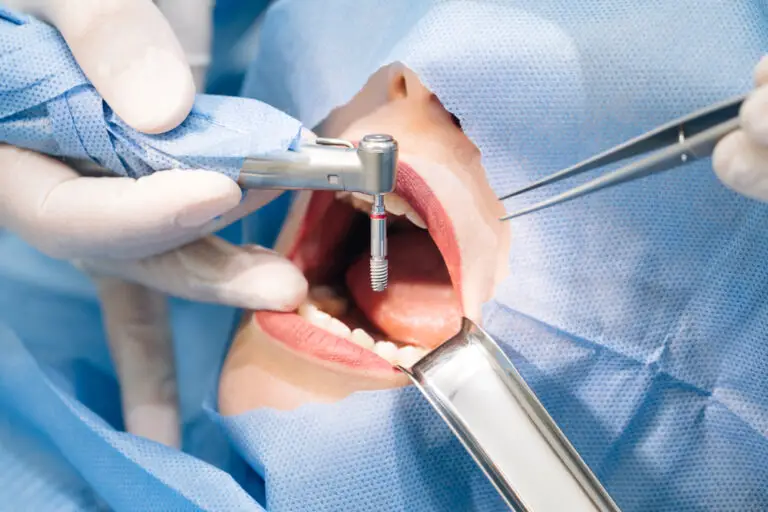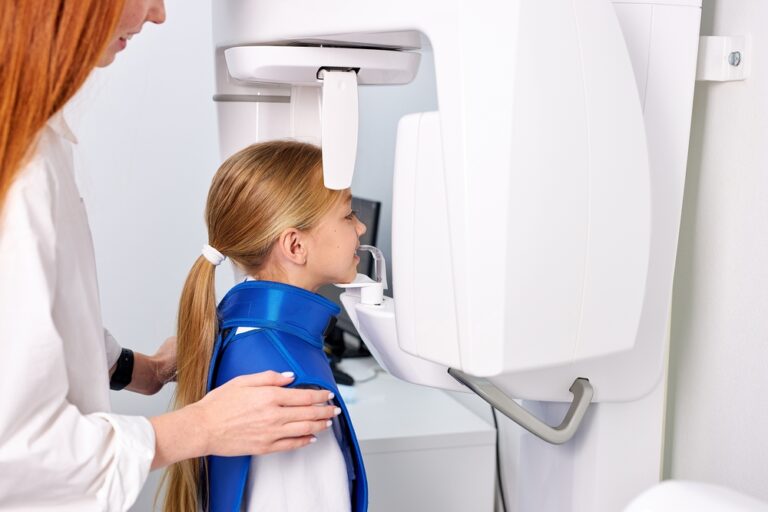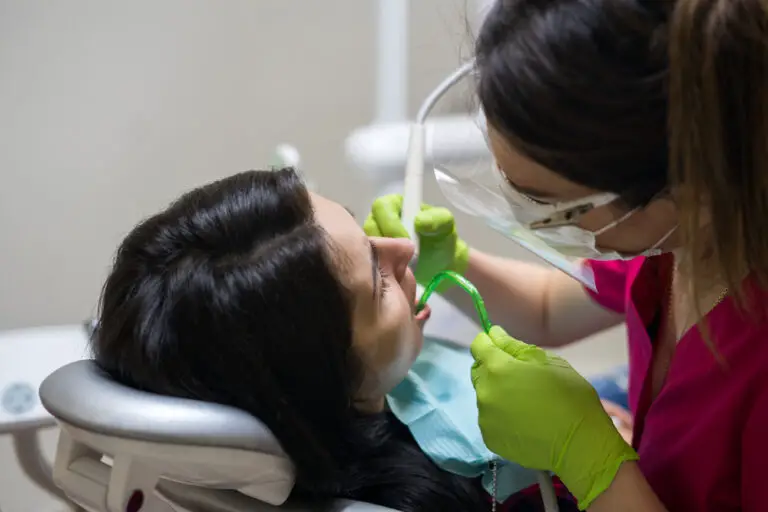Gastritis is a common condition affecting millions of people worldwide. It occurs when the protective lining of the stomach becomes inflamed or eroded. This allows gastric acid and digestive enzymes to irritate the sensitive tissue underneath. In mild cases, gastritis may cause temporary discomfort or indigestion. But it can potentially lead to more serious complications like stomach ulcers or bleeding in severe instances.
Gastritis can be acute and short-lived or chronic if it persists for months or years. There are several contributing factors, but one potential cause that has been investigated recently is poor oral health. Links between dental problems like gum disease, cavities, and bad breath and higher gastritis risk are being uncovered. But does simply having bad teeth actually directly cause stomach inflammation? Let’s review the evidence surrounding this emerging connection.
Oral Health and The Gut Microbiome
The human digestive tract contains over 700 species of bacteria, totalling in the trillions of cells. This complex microbial ecosystem is referred to collectively as the gut microbiome. While most of these microbes reside in the large intestine, millions also live in the mouth. The oral microbiome contains some beneficial bacteria that protect teeth and gums. But certain species can cause problems if allowed to overgrow.
Oral bacteria thrive in plaque biofilms that form on teeth. Two of the most common culprits for dental disease are Streptococcus mutans and Porphyromonas gingivalis. S. mutans produces acid that erodes tooth enamel and causes cavities. P. gingivalis triggers chronic inflammation damaging the gums, ligaments and bone in advanced periodontal disease.
Saliva acts as a transport system, constantly washing some oral microbes down the throat and into the digestive tract. Oral bacteria have been found in the stomachs of both healthy individuals and those with gastritis. But those with poor oral hygiene tend to harbor higher levels of potentially inflammatory bacteria. This raises the possibility that large amounts of pathogenic plaque microbes are able to directly colonize or irritate the stomach lining.
Evidence Linking Oral Disease and Gastritis
Initial evidence supporting a potential link between oral health and stomach inflammation includes:
Correlation studies: Numerous studies have found associations between gum disease, dental plaque and bad breath and higher incidence of gastritis. Having 8 or more untreated decayed teeth has also been linked to increased gastritis likelihood.
H. pylori connections: This stomach-dwelling bacteria is the top cause of gastritis worldwide. Patients with periodontal disease have been shown to have higher rates of H. pylori in dental plaque. The bacteria may spread between mouth and stomach.
Oral bacteria in the gut: Analyses find greater colonization with oral microbes like P. gingivalis and Fusobacterium in the guts and stomachs of gastritis patients compared to healthy controls.
Dental treatment effects: Successfully treating gum disease and reducing dental plaque appears to lessen gut inflammation and gastritis symptoms in some patients.
Animal models: Rodent studies demonstrate directly seeding the stomach with P. gingivalis can induce gastritis-like pathology.
However, most evidence so far is limited to correlations that do not prove direct causation. Plausible mechanisms have been proposed but clinical studies isolating oral health as a definitive trigger for gastritis are lacking.
Potential Biological Mechanisms
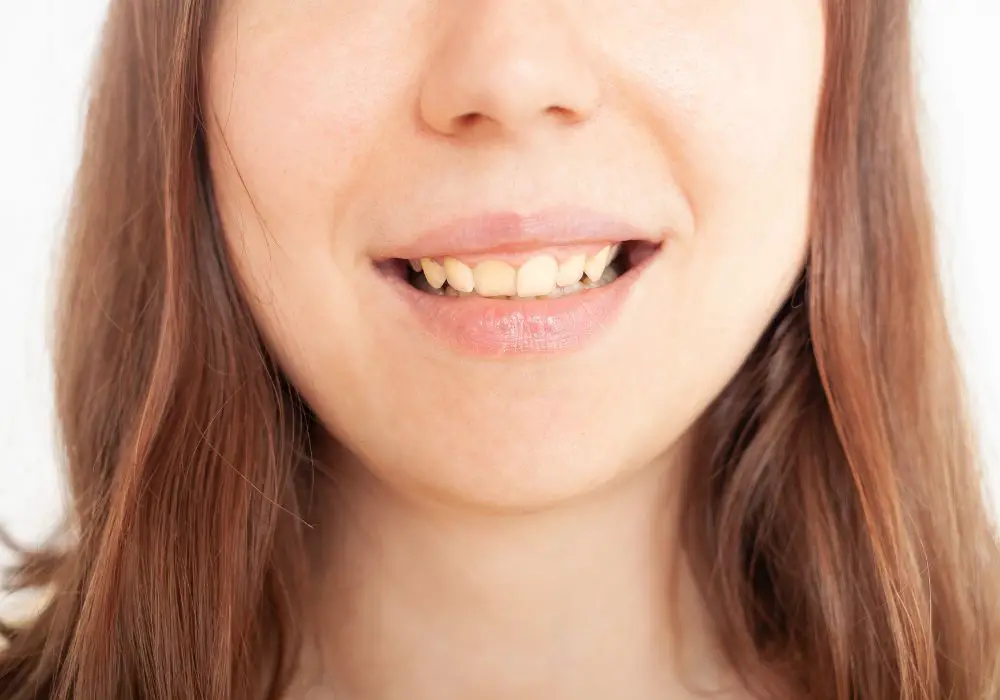
If poor oral hygiene does contribute to stomach inflammation, what are the possible biological explanations? Researchers have suggested a few different ways oral bacteria might act as gastric irritants:
Direct colonization: Higher proportions of oral microbes found in the stomachs of those with gastritis indicate these bacteria can survive transit from mouth to gut. Once there, they may bind to stomach cells and release inflammatory factors. H. pylori can also settle in plaque before spreading to the stomach.
Altered gastric pH: Certain oral bacteria produce chemicals that lower stomach pH when swallowed. These create favorable conditions for colonization by acid-tolerant microbes. A chronically acidic gastric environment is also directly caustic to the stomach lining.
Immune stimulation: Oral microbes and their endotoxins arriving in the stomach could trigger inflammatory cytokine release. This inappropriate immune reaction could contribute to chronic gastric inflammation even without direct colonization or pH changes.
Nutritional impact: Vitamin B12 produced by oral bacteria helps maintain gastric mucosal integrity. Periodontal disease-causing bacteria interfere with B12 production. Resulting B12 deficiency makes the stomach lining more vulnerable to erosion.
Hormonal influence: Oral bacteria may affect stomach inflammation via changes to ghrelin, leptin and H. pylori virulence factors. But this mechanism needs further research.
The interplay between the oral and gastric microbiomes is complex with many unanswered questions. But several plausible pathways exist by which poor oral hygiene could instigate or enable stomach irritation.
Can Dental Treatment Improve Gastritis?
If oral bacteria can worsen gastritis, it would make sense that improving oral hygiene and controlling dental disease could reduce stomach inflammation. However, clinical evidence testing this hypothesis is still preliminary:
- A few small studies report intensive dental cleanings and antibacterial treatment lowered pepsin and H. pylori levels in dental plaque and reduced gut inflammation short-term.
- Case reports describe gastritis patients with marked dental disease who improved after receiving extensive dental rehabilitation.
- Conversely, another trial found treating gum disease had no effect on the stomach health of helicobacter-infected patients over 8 weeks.
- No large scale randomized studies have yet examined dental disease treatment on confirmed gastritis outcomes.
Research specifically isolating oral health interventions is limited. But overall, multiple studies demonstrate that steps like professional cleanings, plaque removal, and certain oral antibiotics tend to decrease oral-gastric bacterial transmission. While not irrefutable, optimizing dental health is unlikely to worsen gastritis. For some individuals it may provide adjunctive benefits when combined with other gastric therapies. Larger clinical trials are warranted to better evaluate potential gastritis-mitigating dental treatments.
Can Gastritis Affect Oral Health?
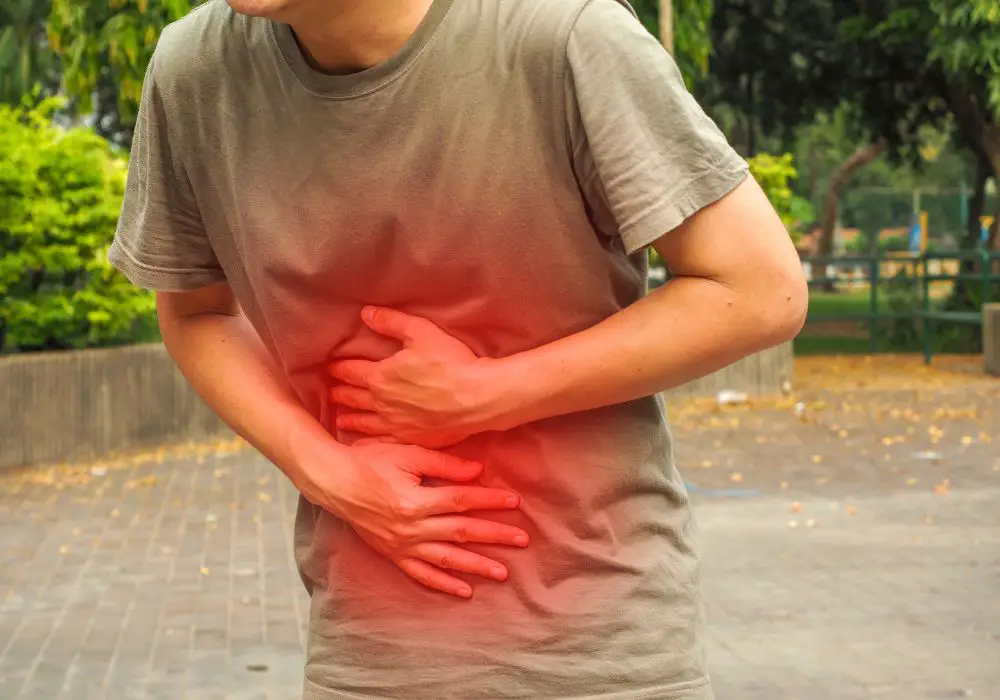
Another question is whether having gastritis predisposes patients to accelerated dental disease. A few possible mechanisms exist:
- Chronic gastritis can cause vitamin B12 deficiency, negatively affecting gum health and dental recovery.
- Frequent reflux of gastric acid into the mouth gradually erodes tooth enamel.
- Proinflammatory cytokines generated during active gastritis may exacerbate periodontal inflammation.
- H. pylori infection simultaneously increases risk for dental plaque accumulation and gastritis when present in both sites.
The overall dental impact of having gastritis compared to being stomach-healthy has not been well quantified. But some bidirectional relationship where each condition can influence the other is biologically plausible. More research is needed to clarify how gastric disorders might contribute to poor oral health over time.
Conclusions and Recommendations
Evidence increasingly suggests that poor oral hygiene and dental disease correlated strongly with higher gastritis likelihood. The rationale is that harmful oral bacteria reaching the gut via swallowing may directly irritate the stomach lining and contribute to inflammation. Preliminary studies also indicate that dental treatment has the potential to decrease oral-gastric bacterial transmission and perhaps aid gastritis management for some patients.
However, absolute proof that removing dental biofilms and addressing cavities, gum disease and bad breath can directly treat or prevent gastritis remains lacking. Oral health is just one piece of the complex gastritis puzzle. Key steps like eradicating H. pylori, avoiding irritants like NSAIDs and alcohol, and reducing stress are likely to have more potent effects for resolving active stomach inflammation.
In general, gastritis patients are advised to maintain diligent oral hygiene practices like brushing, flossing, and regular dental cleanings. Stopping smoking is also beneficial. While unproven, controlling oral biofilms may be helpful for decreasing one possible gastritis trigger. More rigorous research is warranted to determine if intensive dental therapy should become a mainstay recommendation for gastritis treatment. In the meantime, focusing on known effective interventions remains key for managing this common and often challenging digestive disorder.
Frequently Asked Questions (FAQs)
Q: Can cavities directly give you gastritis?
It is unlikely cavities alone directly cause gastritis. However, untreated cavities allow more plaque accumulation with harmful bacteria that could irritate the stomach. Getting cavities promptly filled reduces this risk.
Q: Will fixing all my dental problems get rid of my gastritis?
Based on current evidence, dental treatment alone cannot cure gastritis in most cases. While improving oral health may help, other factors like diet, stress reduction and eliminating H. pylori are usually more important.
Q: Does having gastritis put me at higher risk for dental issues?
Some research indicates gastritis may contribute to gum disease progression and enamel erosion from repeated acid reflux. So dental problems might be more likely with concurrent gastritis.
Q: Should I take antibiotics before dental work if I have gastritis?
The American Dental Association does not specifically recommend antibiotics for dental procedures in gastritis patients. Discuss your complete medical history with your dentist and gastroenterologist.
Q: What are the best dental hygiene practices for gastritis patients?
Brush thoroughly twice daily, floss once daily, use antiseptic mouthwash, replace your toothbrush regularly, get professional cleanings every 6 months, treat any gum disease or cavities promptly, avoid smoking and limit sugary foods.

